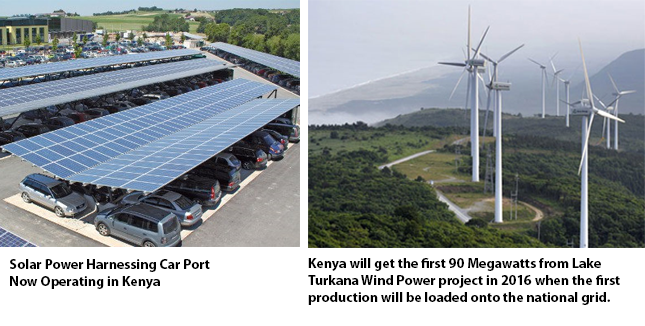Renewable energy refers to energy from naturally replenishing sources, such as the sun, wind, water, biofuels or the earth’s sub-surface (geothermal energy). These types of energy sources, like non-renewable energy sources, require technology for harnessing. Bachelor of Science in Renewable Energy and Technology offers an opportunity to the students to study the Physics of the Renewable Energy Sources, the Renewable Energy and the Technologies involved in harnessing the different forms of Renewable Energy. This programme will produce graduates capable of applying Renewable Energy Technologies in harnessing Renewable Energy and pursue careers in the field of Renewable Energy either at postgraduate level or as a consultant.

